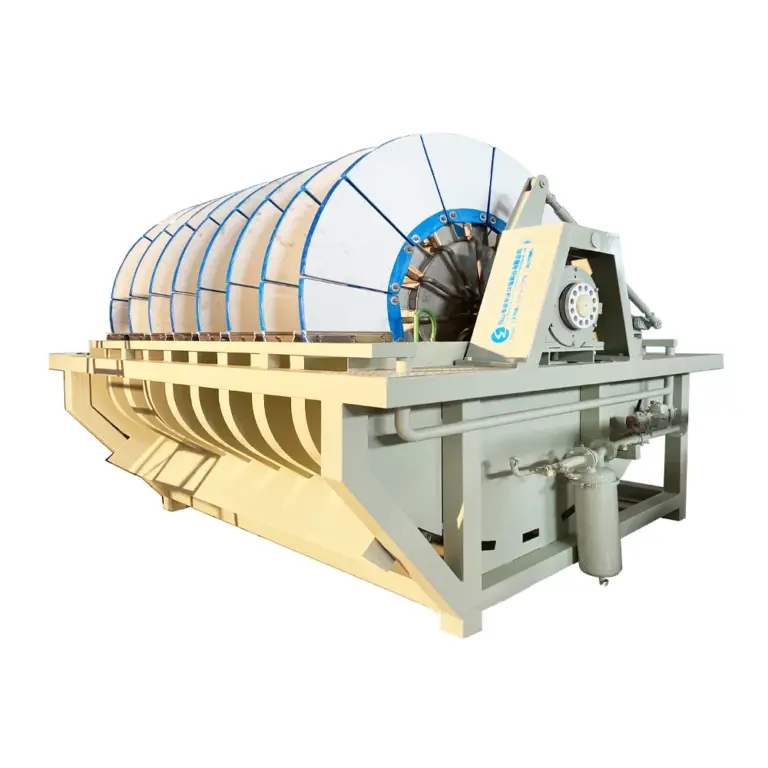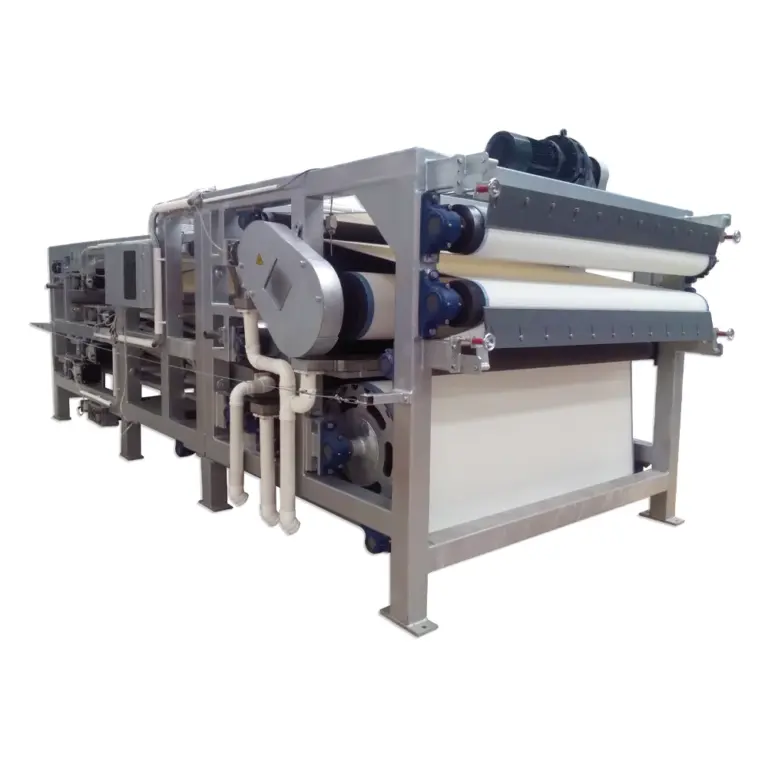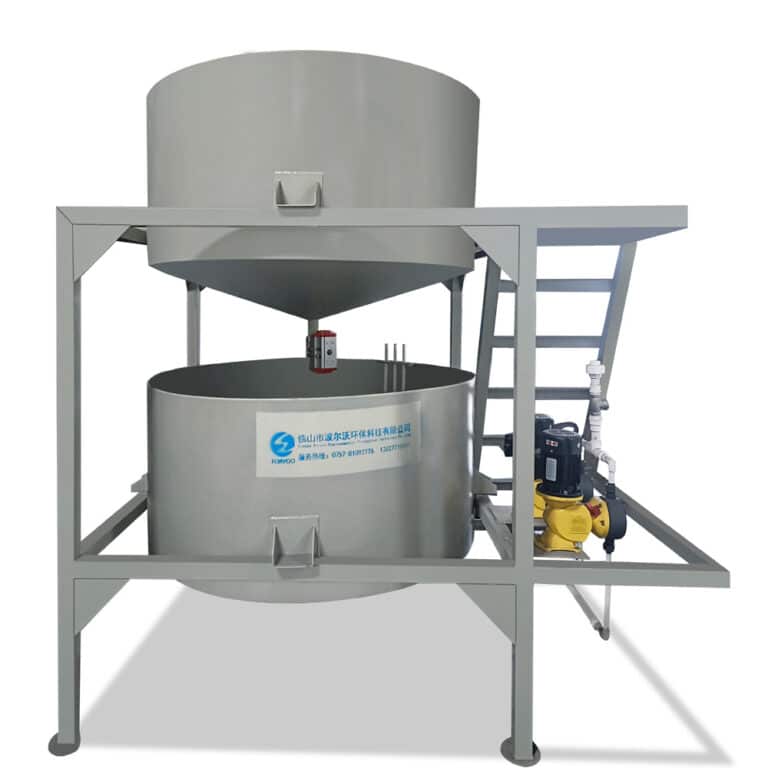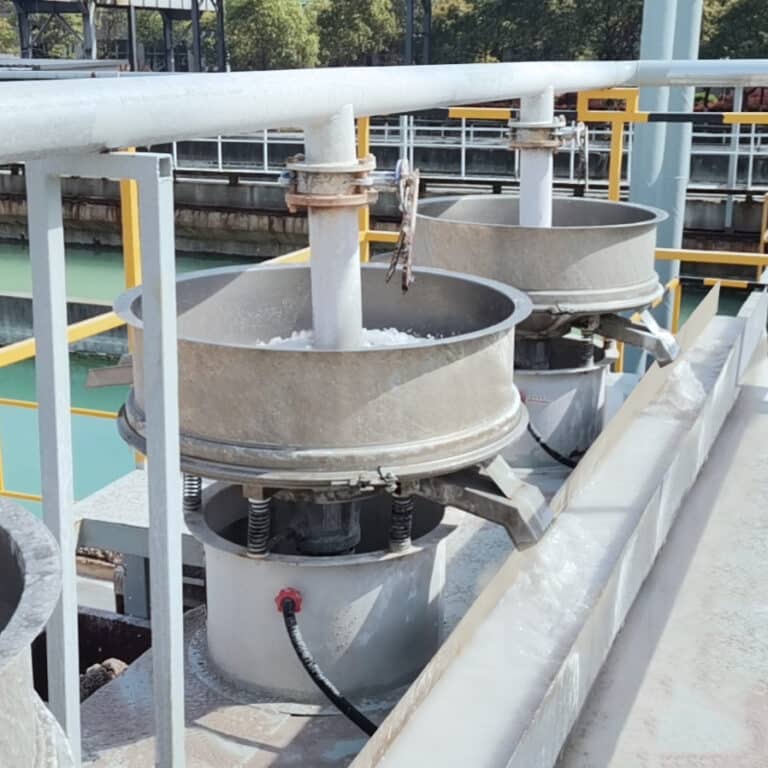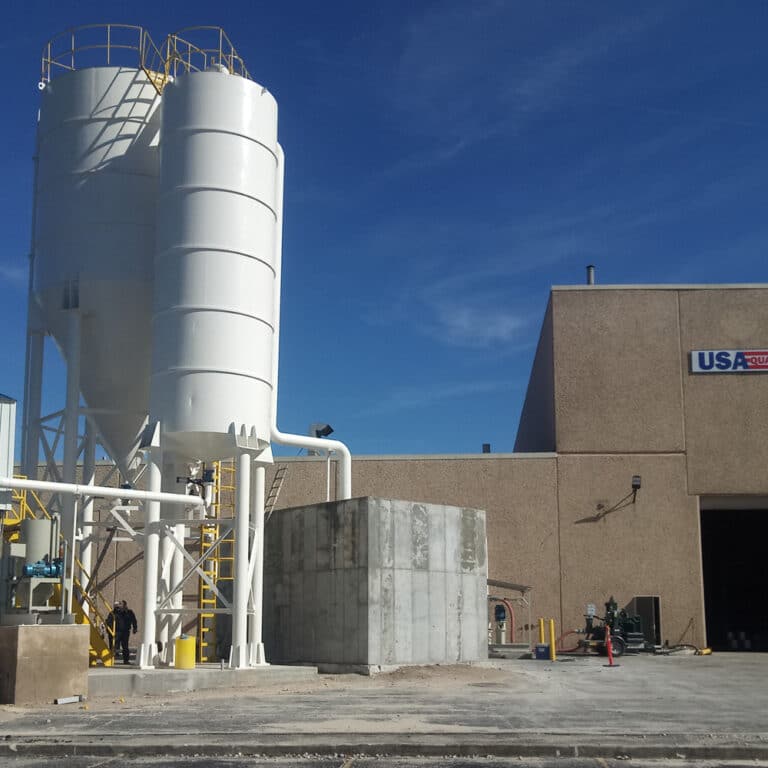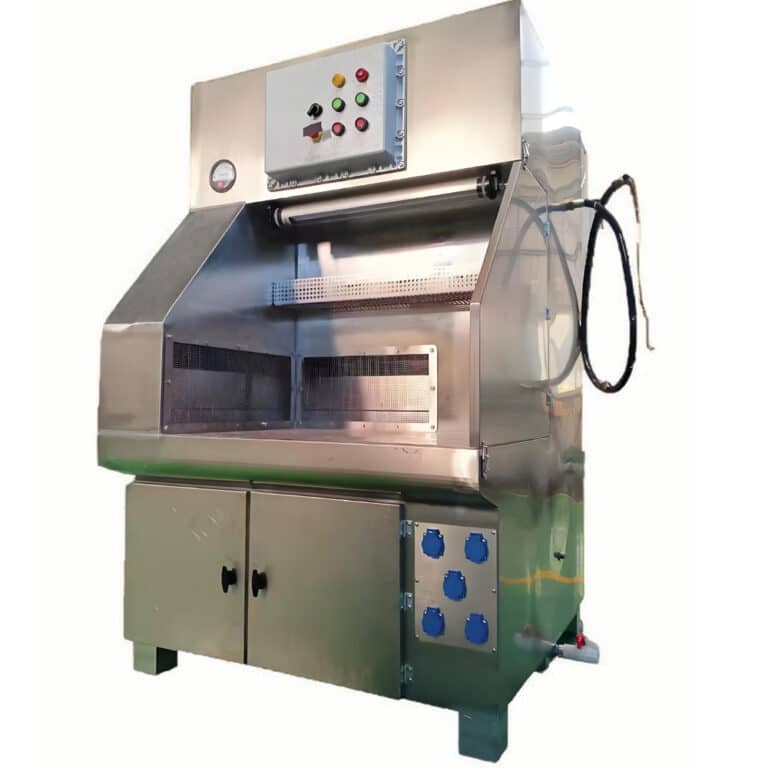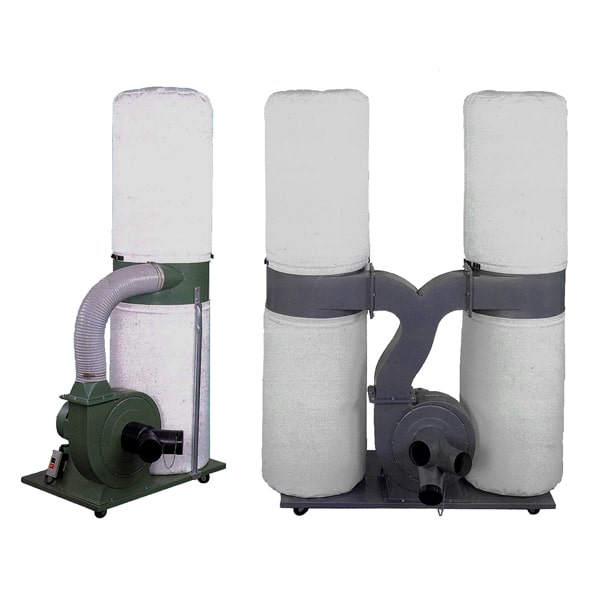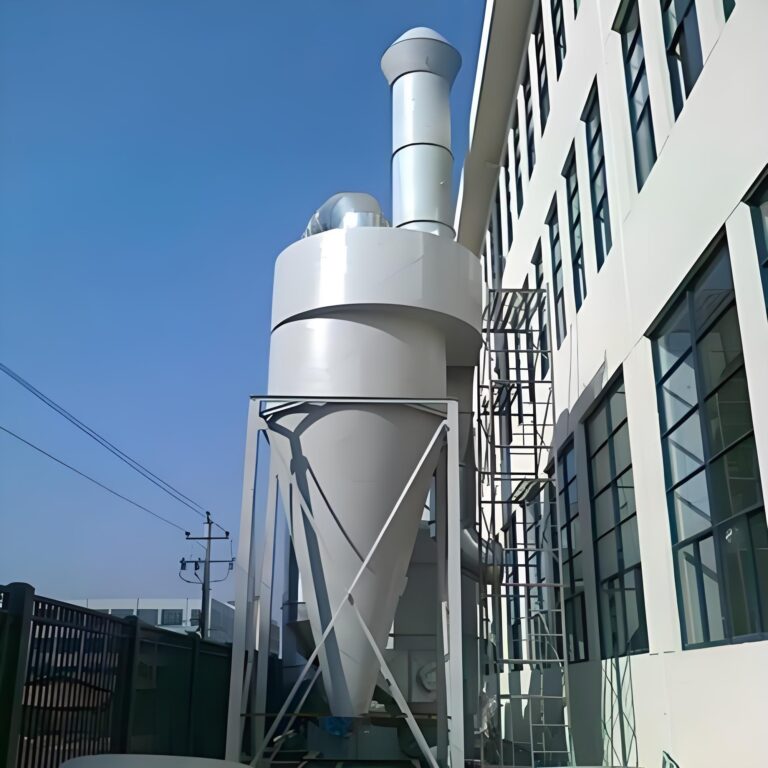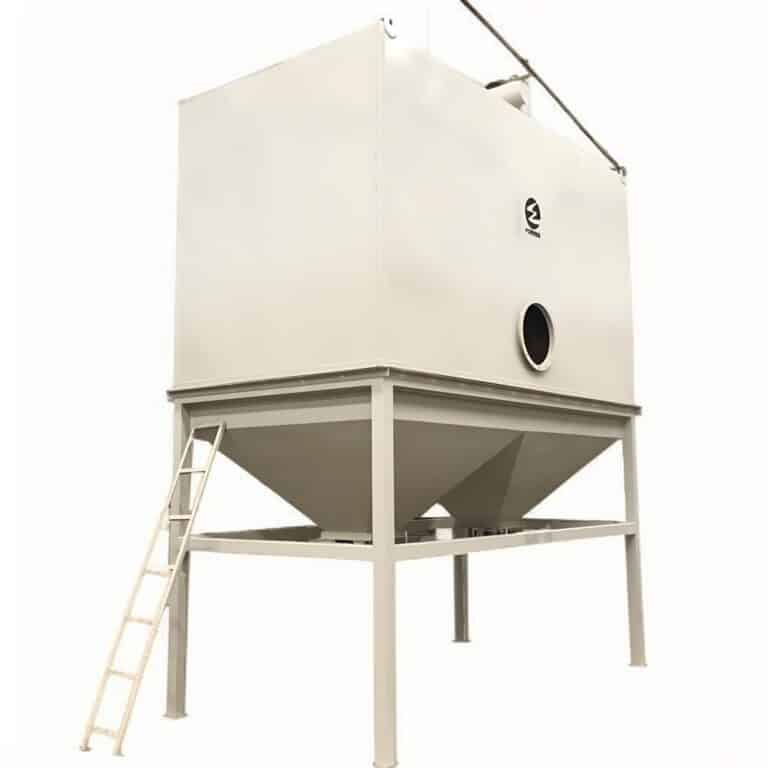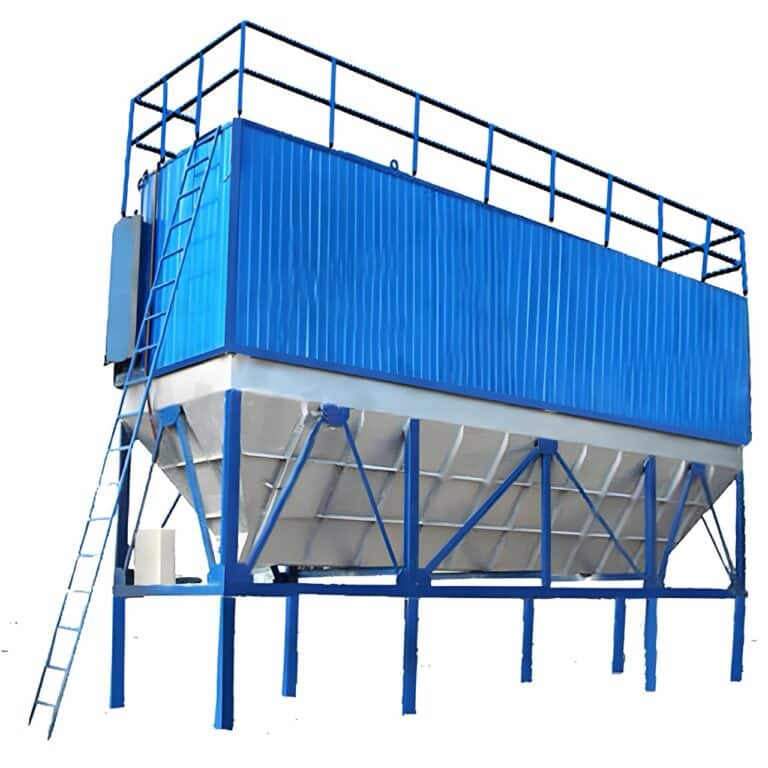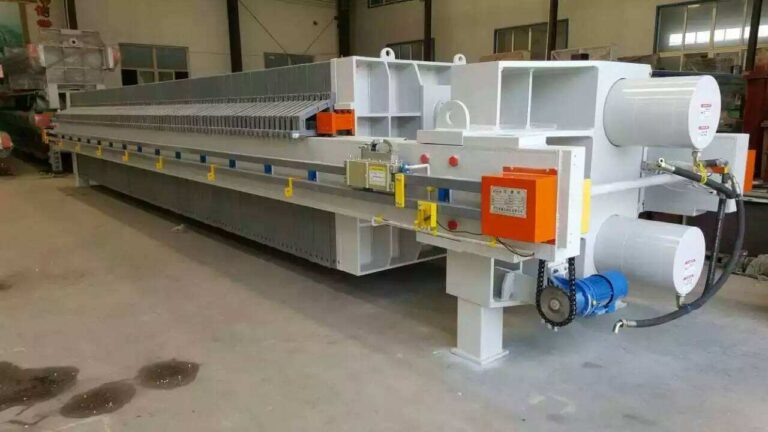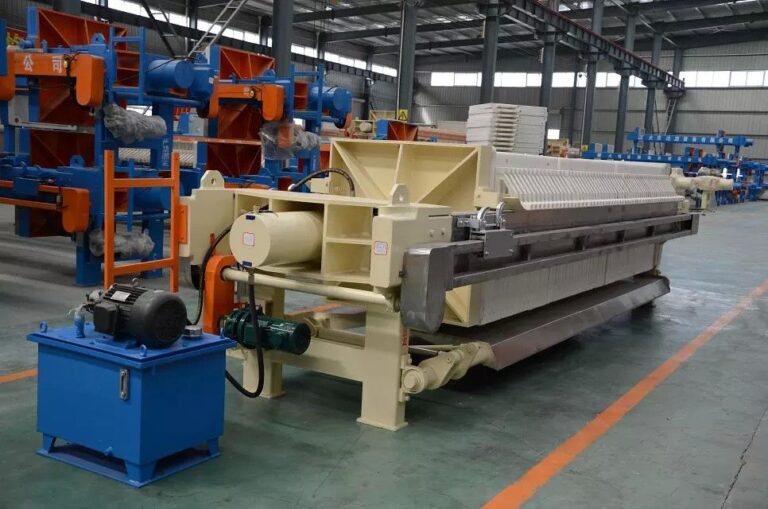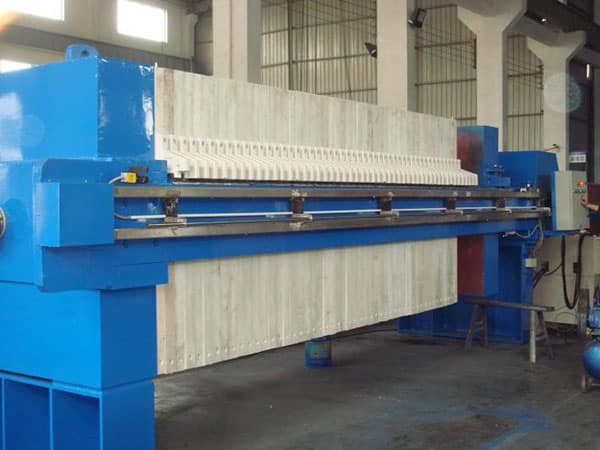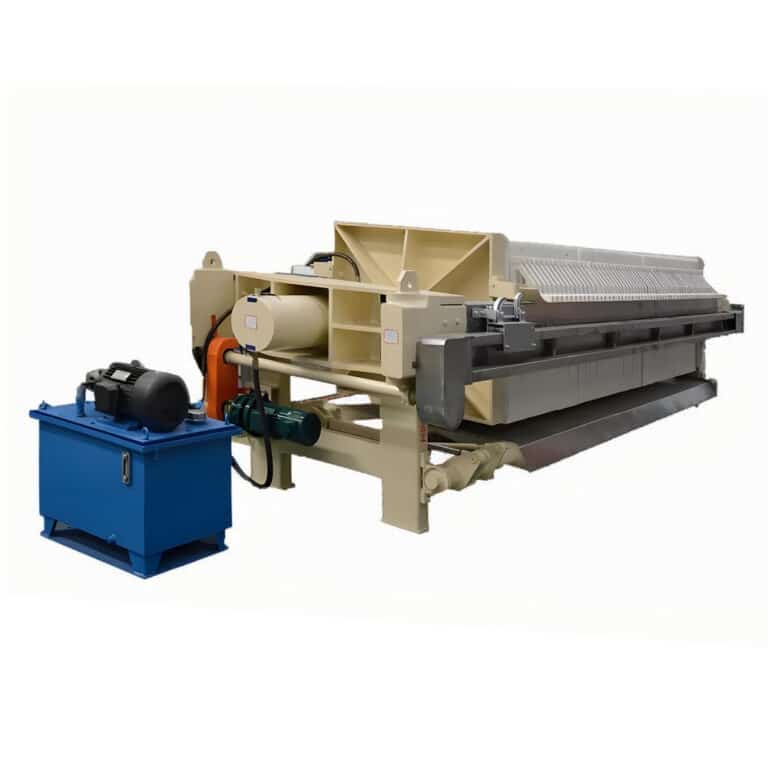In the realm of industrial processes and water treatment, efficiency and reliability are paramount. Automatic filtration systems have emerged as a game-changing technology, revolutionizing the way industries handle their filtration needs. These advanced systems offer a multitude of benefits that not only streamline operations but also contribute significantly to cost savings and environmental sustainability.
The landscape of filtration technology has evolved rapidly in recent years, with automatic systems taking center stage. From reducing maintenance requirements to optimizing filtration efficiency, these systems have proven their worth across various industries. This article will delve into the top five advantages of automatic filtration systems, exploring how they're transforming industrial processes and setting new standards in water treatment and other applications.
As we navigate through the intricacies of automatic filtration systems, we'll uncover the key features that make them indispensable in modern industrial settings. We'll examine how these systems tackle common challenges faced by traditional filtration methods and why they're increasingly becoming the preferred choice for businesses looking to enhance their operational efficiency.
Automatic filtration systems represent a significant leap forward in filtration technology, offering unparalleled benefits in terms of efficiency, cost-effectiveness, and environmental sustainability.
How Do Automatic Filtration Systems Enhance Operational Efficiency?
Automatic filtration systems are designed to operate with minimal human intervention, significantly enhancing operational efficiency in industrial settings. These systems utilize advanced sensors and control mechanisms to monitor and adjust filtration processes in real-time, ensuring optimal performance at all times.
By automating the filtration process, these systems eliminate the need for constant manual oversight, freeing up valuable human resources for other critical tasks. This automation not only reduces the potential for human error but also ensures consistent and reliable filtration results.
The efficiency gains provided by automatic filtration systems extend beyond just labor savings. These systems are capable of maintaining peak performance levels for extended periods, maximizing the throughput of filtered materials while minimizing downtime.
PORVOO's automatic filtration systems have been shown to increase operational efficiency by up to 30% compared to traditional manual filtration methods.
To illustrate the efficiency gains, consider the following data:
| Metric | Manual Filtration | Automatic Filtration |
|---|---|---|
| Labor Hours per Week | 40 | 5 |
| Downtime per Month | 48 hours | 4 hours |
| Filtration Consistency | Variable | Highly Consistent |
| Error Rate | 5% | <0.5% |
The enhanced operational efficiency provided by automatic filtration systems translates directly into cost savings and improved productivity, making them an invaluable asset in any industrial setting.
What Role Do Automatic Filtration Systems Play in Reducing Maintenance Costs?
One of the most significant advantages of automatic filtration systems is their ability to dramatically reduce maintenance costs. Traditional filtration systems often require frequent manual cleaning and maintenance, which can be both time-consuming and expensive. Automatic systems, on the other hand, are designed with self-cleaning mechanisms that significantly extend the intervals between maintenance sessions.
These self-cleaning features typically involve backwashing or other automated cleaning processes that remove accumulated debris and contaminants without the need for manual intervention. This not only reduces the frequency of maintenance but also extends the life of the filtration media, further contributing to cost savings.
Moreover, automatic filtration systems often come equipped with advanced monitoring capabilities that can predict and prevent potential issues before they escalate into costly breakdowns. This predictive maintenance approach helps to minimize unexpected downtime and extends the overall lifespan of the equipment.
Studies have shown that automatic filtration systems can reduce maintenance costs by up to 60% compared to traditional manual systems, while also increasing the lifespan of filtration equipment by 25-40%.
To better understand the impact on maintenance costs, consider the following comparison:
| Maintenance Aspect | Manual Filtration | Automatic Filtration |
|---|---|---|
| Cleaning Frequency | Daily | Weekly or Bi-weekly |
| Annual Labor Cost | $50,000 | $10,000 |
| Filter Replacement Frequency | Every 3-6 months | Every 12-18 months |
| Unexpected Downtime | 5-7 days/year | 1-2 days/year |
The substantial reduction in maintenance costs and downtime offered by automatic filtration systems makes them an attractive option for industries looking to optimize their operations and improve their bottom line.
How Do Automatic Filtration Systems Improve Water Quality?
Automatic filtration systems play a crucial role in improving and maintaining water quality across various applications. These systems utilize advanced filtration technologies and precise control mechanisms to consistently remove contaminants and impurities from water, ensuring a high-quality output.
One of the key features of automatic filtration systems is their ability to adapt to changing water conditions. Advanced sensors continuously monitor water quality parameters such as turbidity, pH, and conductivity. Based on these readings, the system can automatically adjust filtration parameters to maintain optimal performance, even when faced with varying input quality.
Furthermore, automatic filtration systems often incorporate multi-stage filtration processes, combining different filtration methods to target a wide range of contaminants. This comprehensive approach ensures that the final water quality meets or exceeds regulatory standards and specific industry requirements.
Automatic filtration systems have been proven to achieve up to 99.9% removal of particulates and contaminants, significantly surpassing the performance of traditional manual filtration methods.
The following table illustrates the improvement in water quality parameters achieved by automatic filtration systems:
| Parameter | Before Filtration | After Automatic Filtration |
|---|---|---|
| Turbidity (NTU) | 10-15 | <0.1 |
| Total Suspended Solids (mg/L) | 50-100 | <5 |
| Bacterial Count (CFU/mL) | 1000-5000 | <10 |
| Chlorine Residual (mg/L) | Variable | Consistent (1.0-2.0) |
The ability of automatic filtration systems to consistently produce high-quality water makes them invaluable in industries where water purity is critical, such as pharmaceuticals, food and beverage production, and semiconductor manufacturing.
What Environmental Benefits Do Automatic Filtration Systems Offer?
Automatic filtration systems are not only beneficial for operational efficiency and water quality but also offer significant environmental advantages. These systems contribute to sustainability efforts by reducing water waste, minimizing chemical usage, and lowering energy consumption.
One of the primary environmental benefits of automatic filtration systems is their ability to optimize water usage. By maintaining high filtration efficiency and enabling water recirculation, these systems significantly reduce the amount of fresh water required for industrial processes. This conservation of water resources is particularly crucial in regions facing water scarcity.
Additionally, automatic filtration systems often require fewer chemicals for water treatment compared to traditional methods. The precise control and monitoring capabilities of these systems allow for more efficient use of treatment chemicals, reducing the environmental impact associated with chemical production and disposal.
Implementing automatic filtration systems can lead to a 30-50% reduction in water consumption and up to a 40% decrease in chemical usage compared to conventional filtration methods.
The environmental impact of automatic filtration systems can be quantified as follows:
| Environmental Aspect | Conventional Filtration | Automatic Filtration |
|---|---|---|
| Water Consumption (m³/day) | 1000 | 500-700 |
| Chemical Usage (kg/month) | 500 | 300 |
| Energy Consumption (kWh/day) | 200 | 150 |
| Carbon Footprint (CO2e/year) | 100 tons | 70 tons |
The reduced environmental footprint achieved through the use of automatic filtration systems advantages not only contributes to sustainability goals but can also lead to cost savings and improved corporate image for businesses adopting this technology.
How Do Automatic Filtration Systems Enhance Process Control and Consistency?
Automatic filtration systems excel in providing superior process control and consistency, a critical factor in many industrial applications. These systems utilize advanced monitoring and control technologies to maintain precise filtration parameters, ensuring consistent output quality regardless of variations in input conditions.
The heart of an automatic filtration system's ability to enhance process control lies in its real-time monitoring capabilities. Sensors continuously track key parameters such as flow rate, pressure differential, and filtrate quality. This data is fed into sophisticated control algorithms that can make instantaneous adjustments to maintain optimal performance.
Moreover, automatic filtration systems often feature data logging and reporting functionalities. This allows operators to track system performance over time, identify trends, and make data-driven decisions to further optimize the filtration process.
Automatic filtration systems can achieve a consistency level of 98-99% in output quality, compared to 80-85% in manual systems, leading to improved product quality and reduced waste in manufacturing processes.
The following table illustrates the improvements in process control and consistency:
| Aspect | Manual Filtration | Automatic Filtration |
|---|---|---|
| Filtration Rate Variation | ±20% | ±2% |
| Output Quality Consistency | 80-85% | 98-99% |
| Response Time to Variations | Minutes to Hours | Seconds |
| Data Logging and Analysis | Limited | Comprehensive |
The enhanced process control and consistency provided by automatic filtration systems translate into tangible benefits such as improved product quality, reduced waste, and increased overall production efficiency.
What Industries Benefit Most from Automatic Filtration Systems?
Automatic filtration systems offer advantages across a wide range of industries, but some sectors stand to benefit more significantly than others. Industries that deal with large volumes of liquids, require high purity standards, or face strict regulatory requirements are particularly well-suited for the implementation of automatic filtration systems.
The water and wastewater treatment industry is perhaps the most obvious beneficiary of automatic filtration technology. These systems play a crucial role in ensuring the delivery of clean, safe drinking water and in treating wastewater to meet environmental standards.
In the manufacturing sector, industries such as pharmaceuticals, food and beverage, and electronics rely heavily on automatic filtration systems to maintain product quality and meet stringent purity requirements. These systems help in removing contaminants that could compromise product integrity or safety.
Studies have shown that industries implementing automatic filtration systems can see productivity increases of up to 25% and quality improvement rates of 15-20%, directly impacting their bottom line.
The following table highlights some key industries and their specific benefits from automatic filtration systems:
| Industry | Primary Benefit | Secondary Benefit |
|---|---|---|
| Water Treatment | Consistent Water Quality | Regulatory Compliance |
| Pharmaceuticals | Product Purity | Process Efficiency |
| Food & Beverage | Food Safety | Resource Conservation |
| Oil & Gas | Equipment Protection | Environmental Compliance |
| Mining | Waste Reduction | Operational Efficiency |
The versatility and efficiency of automatic filtration systems make them an invaluable asset across these diverse industries, contributing to improved operations, product quality, and regulatory compliance.
How Do Automatic Filtration Systems Contribute to Long-Term Cost Savings?
While the initial investment in automatic filtration systems may be higher compared to traditional manual systems, the long-term cost savings they offer are substantial. These savings are realized through various factors, including reduced labor costs, lower maintenance expenses, improved energy efficiency, and decreased waste production.
One of the primary sources of cost savings comes from the reduction in labor requirements. Automatic systems dramatically reduce the need for manual intervention, allowing personnel to focus on other critical tasks. This not only cuts direct labor costs but also minimizes the risk of workplace injuries associated with manual filtration processes.
Additionally, the extended lifespan of filtration media and equipment in automatic systems contributes significantly to cost savings. The self-cleaning mechanisms and optimized operation reduce wear and tear, leading to less frequent replacements and repairs.
Companies implementing automatic filtration systems have reported overall cost savings of 30-40% over a 5-year period when compared to continued use of manual filtration systems.
To illustrate the long-term cost savings, consider the following comparison over a 5-year period:
| Cost Factor | Manual Filtration | Automatic Filtration |
|---|---|---|
| Initial Investment | $50,000 | $100,000 |
| Annual Labor Cost | $40,000 | $10,000 |
| Annual Maintenance | $15,000 | $5,000 |
| Energy Cost (Annual) | $10,000 | $7,000 |
| Media Replacement (Annual) | $5,000 | $2,000 |
| Total 5-Year Cost | $400,000 | $270,000 |
As evident from the table, despite the higher initial investment, automatic filtration systems offer significant cost savings over time, making them a wise choice for businesses looking to optimize their long-term operational expenses.
In conclusion, automatic filtration systems represent a significant leap forward in filtration technology, offering a multitude of advantages that make them indispensable in modern industrial settings. From enhancing operational efficiency and reducing maintenance costs to improving water quality and contributing to environmental sustainability, these systems are transforming the way industries approach their filtration needs.
The ability of automatic filtration systems to provide consistent, high-quality outputs while minimizing human intervention makes them an invaluable asset across various industries. Their advanced monitoring and control capabilities ensure optimal performance even in the face of changing input conditions, leading to improved process control and product quality.
Moreover, the long-term cost savings offered by these systems, coupled with their environmental benefits, make them a smart investment for businesses looking to stay competitive in an increasingly efficiency-driven market. As technology continues to advance, we can expect automatic filtration systems to play an even more crucial role in shaping the future of industrial processes and water treatment.
By embracing this technology, industries not only stand to improve their operational efficiency and product quality but also contribute to broader sustainability goals. As we move towards a future where resource conservation and environmental responsibility are paramount, automatic filtration systems will undoubtedly remain at the forefront of industrial innovation.
External Resources
Top 3 Benefits of Having An Automatic Filter – This article highlights the key advantages of automatic filters, including the elimination of regular maintenance, optimization of filtration efficiency, and low energy costs.
The Evolution and Advantages of Self-Cleaning Water Filtration Systems – This resource details the benefits of self-cleaning water filtration systems, such as continuous operation, reduced downtime and maintenance costs, optimized filtration efficiency, and adaptability to varying contamination levels.
3 Benefits of Automatic Filter Presses Have Over Manual Filter Presses – This blog post discusses the advantages of automatic filter presses, including increased filtration time, higher efficiency, and reduced energy consumption compared to manual filter presses.
Automatic Filters: Key Benefits and Applications – This resource from Parker details the benefits of automatic filters in different industrial applications, including reduced maintenance and improved system reliability.
Self-Cleaning Filtration Systems for Industrial Applications – This page covers the specific advantages of self-cleaning filtration systems in industrial contexts, such as wastewater treatment, cooling water circuits, and oil field operations, emphasizing continuous operation and cost savings.
Automated Filtration Systems: Enhancing Efficiency and Reliability – This article from Chemical Engineering discusses how automated filtration systems enhance efficiency, reduce downtime, and improve the overall reliability of filtration processes in various industries.
